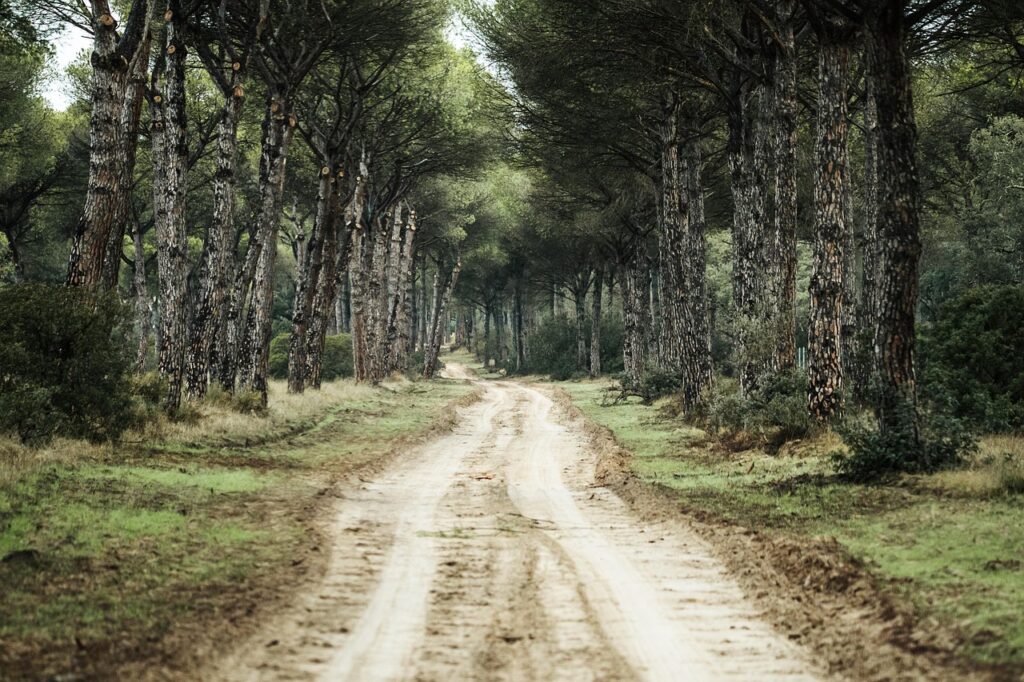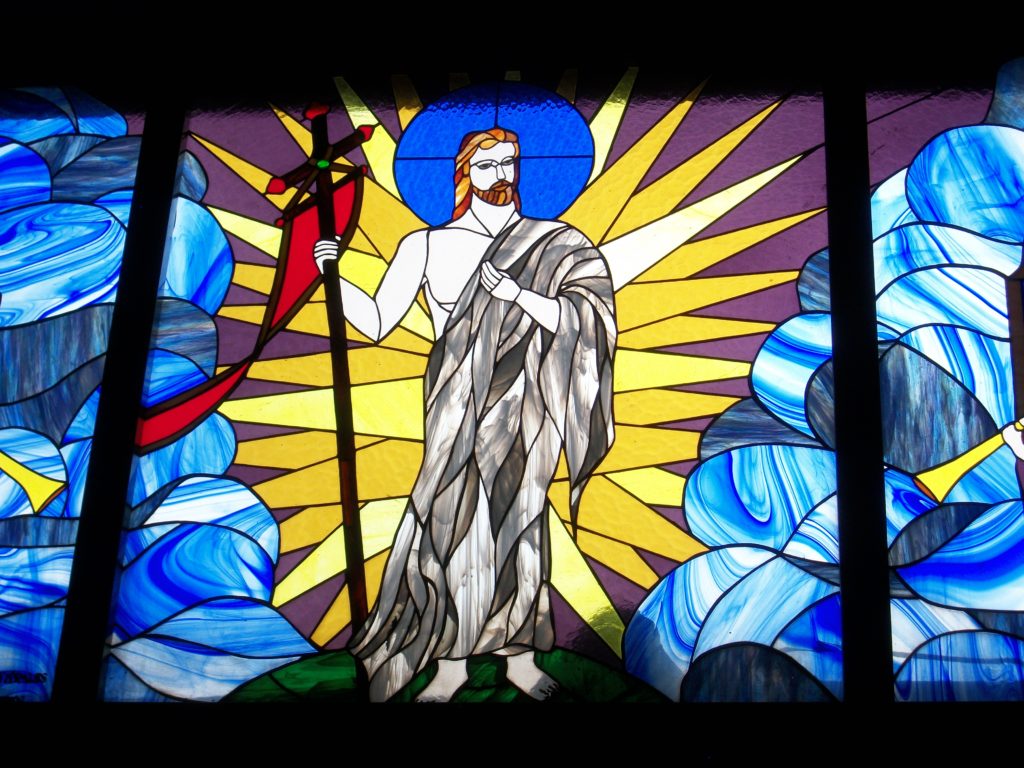Reflection by Monsignor Enrique Díaz: Seeking guides
8th Ordinary Sunday

Monsignor Enrique Díaz Díaz shares with Exaudi readers his reflection on the Gospel of this Sunday, March 2, 2025, entitled: “Seeking guides.”
***
Sirach 27, 5-8: “Do not praise anyone before he speaks”
Psalm 91: “How good it is to give thanks to you, Lord!”
I Corinthians 15, 54-58: “He has given us the victory through our Lord Jesus Christ”
St. Luke 6, 39-45: “The mouth speaks out of what the heart is full of”
We walked in the middle of the jungle at the pace of the catechist-guide, who his small son accompanied. The path often became difficult amid paths, stones, mud, and streams. When we came to a difficult step, the guide would always turn to his child and warn him: “Watch where you step, because you could fall.” We understood that he was saying it more for us than for the child. After four or five warnings, the little boy, annoyed by so many instructions, turned to his father and replied: “Watch where you step, because where you step, I will step too.” It is easier to follow footprints than words. How easy it is to tell others where to walk! How difficult it is to set an example!
Today Jesus questions the way the scribes and Pharisees educate, but his criticism reaches our time and our way of educating, which is having poor results that question our methods. Today the Lord enlightens us and warns us because we can be speaking falsehoods and educating with appearances. “The mouth speaks of what the heart is full of.” This is the core of Jesus’ message. Indeed, whoever has a good heart, wisdom and love flow from his mouth. However, those who strive to improve their appearance, neglecting their interior, sooner or later will manifest a heart full of evil. And with such a heart it is impossible to live the Kingdom of God, that is, it is impossible to be truly happy.
“Can a blind man lead a blind man?” This is the question that Jesus asks, and it is the question that we now ask ourselves about our way of educating. Who educates, and how does he educate? Pope Francis takes up this question and makes a serious invitation to dialogue about the way in which we are building the future of the planet and about the need to invest the talents of everyone in an educational process, because every change requires an educational path that will bring about a new universal solidarity and a more welcoming society. The educational emergency is a priority in our current world and springs from the very essence of the Gospel that seeks to place the person at the center.
A tree is known by its fruits and if our society is bearing rotten fruits of corruption and injustice, we will have to seriously examine the seeds that we are sowing in education. That is why the Pope calls on us to meet again to rekindle our commitment to and with the younger generations, renewing our passion for a more open and inclusive education, capable of patient listening, constructive dialogue and mutual understanding. Today, more than ever, it is necessary to unite our efforts for a broad educational alliance to form mature people, capable of overcoming fragmentation and opposition and rebuilding the fabric of relationships for a more fraternal humanity.
The examples that Jesus presents to us today go to the heart of the person and demand from us a true vocation for that education that starts from within and that manifests itself spontaneously at every moment with true acts of solidarity and fraternity. Education, an act of love because it generates life in its multiple dimensions, brings people to light. It is an act of hope because it helps to break the vicious circle of skepticism, of disbelief, of the crystallization of conceptions and attitudes contrary to the dignity of the human being.
In the gospel, Christ demands that we educate in love and criticizes the way of teaching of some teachers who want to guide when they themselves are blind and do not know the way. “First take out the beam that is in your own eye” he recommends. It is not unusual to find someone who criticizes everything and does not propose anything, who focuses on the defects of others and does not live coherently. We often find that those who educate contradict their teachings with their way of life. They try to teach through scolding, insults and aggression, rather than with closeness and love. Today, it is important that we reflect on what education is like and what we are doing to educate in a Christian way. Certainly, much controversy has been generated with the new methods and processes of education, which some call ideologization, but if we do not change our perspectives and our attitudes, laws will come and go, and we will remain the same. The important thing is to educate in values, in truth and in love.
This is what Christ does, as Saint Luke shows us at every moment, both in his words and in his actions. He loves each person and accepts them despite their mistakes. He is always ready to show mercy, but he also always has great clarity in unmasking sin and lies. Who are our guides now and where are they taking us? We will have to think whether Jesus’ sentence, condemning “blind guides“, is not harshly real in our environments. Where do young people take their models from? What are the aspirations they are placing in their hearts? There are many questions and reflections that we can ask ourselves today before Jesus. May He alone be our guide and our teacher.
Do we have doubts about our methods of education? Let us contemplate the results. We find ourselves with a cold, apathetic society, far from God, selfish and self-sufficient. What have we sown? How have we educated? When Jesus speaks of the fruits, he clearly refers to the fruits of justice, of truth, of love. Of those fruits that spring from the heart and not only from the mouth. Christ walked close to his disciples and taught them more by example than by words: love, service, generosity, ideals… the Kingdom. If we are happy with our society and what we have achieved, let us continue to educate in the same way. But if we discover that we have taken the wrong path, we will have to return to Jesus, who is the only path that gives us true life.
Lord Jesus, teach us to look as You look, with clear and clean eyes, and to discover ways to bear fruits of love and justice. Amen.
Related

The Perspectivas del Trabajo Foundation is founded with the aim of promoting virtues for professional development
Exaudi Staff
25 April, 2025
2 min

Reflection by Bishop Enrique Díaz: Alleluia, alleluia
Enrique Díaz
20 April, 2025
5 min

Christ is Risen! Alleluia! Commentary by Fr. Jorge Miró
Jorge Miró
20 April, 2025
3 min

Easter: Mystery of Freedom
Carlos J. Gallardo
20 April, 2025
5 min
 (EN)
(EN)
 (ES)
(ES)
 (IT)
(IT)

